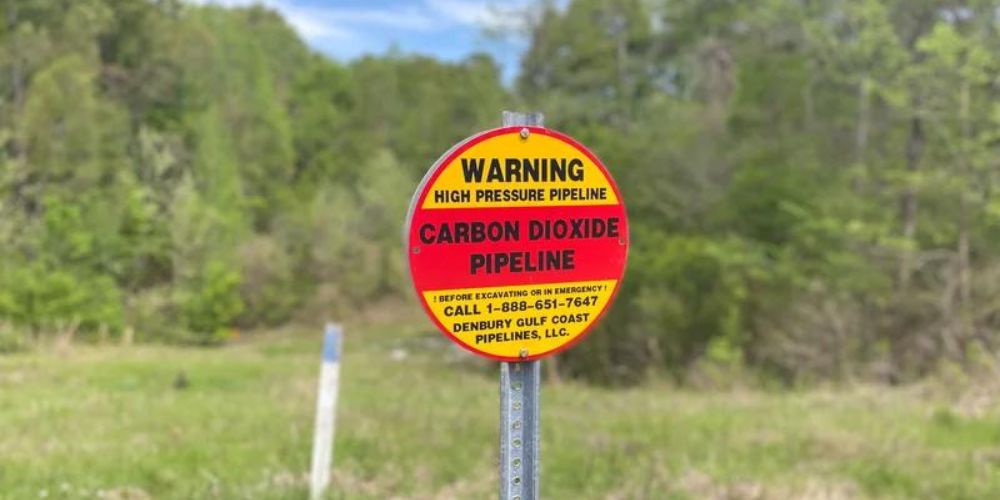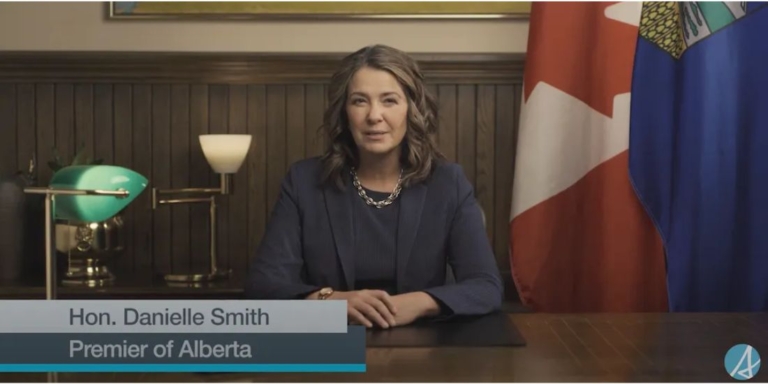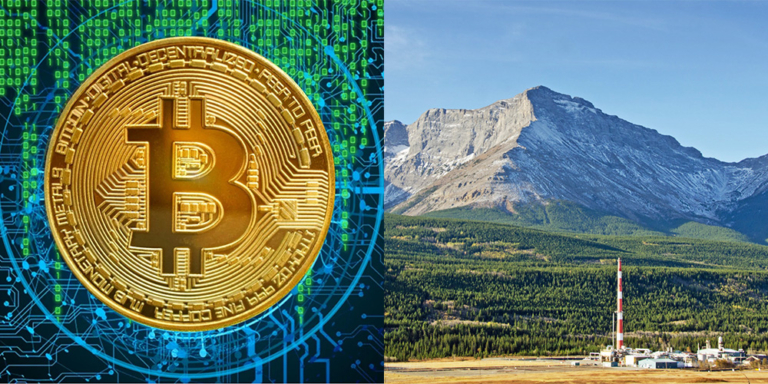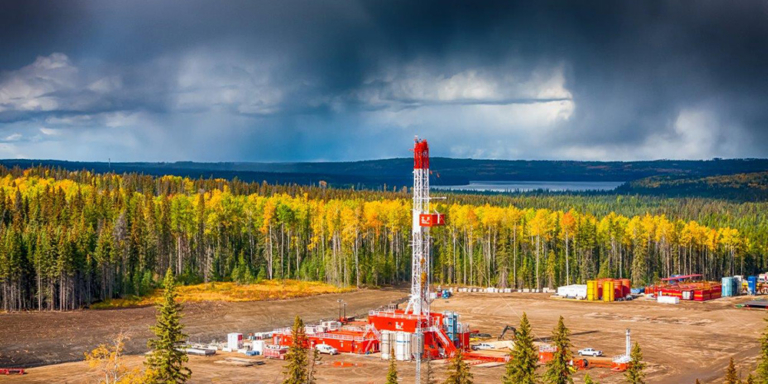Big Oil wants to store carbon in the ground as a way to green up the oil sands, and they want you to help pay for it!
Pathways Alliance (PA)is a collaboration between mostly foreigner-owned Oil Giants, Canadian Natural, Cenovus, ConocoPhillips Canada, Imperial, Meg Energy and Suncor.
These are the big six oil sand players. The percentage of foreign ownership varies between approximately 55 percent for Canadian Natural Resources Ltd. and 97 percent for Conoco Phillips.
Together, they made a profit of $10.9 billion in 2022.
Yet, the companies are asking the provincial and federal governments for a handout to subsidize the estimated $16 billion carbon capture project in the early stages of an approval process with the Alberta Energy Regulator (AER.)
Pathways Alliance is asking for a portion of the royalties paid to the people of Alberta for extraction rights on public land to help pay for the project.
The project would connect over 20 oil sand operations in the Fort McMurray, Christina Lake and Cold Lake regions with a pipeline to a carbon storage hub near Cold Lake.
That’s where they plan to pump carbon dioxide 1,600 metres under the ground.
But will it permanently prevent carbon pollution from entering the atmosphere and trapping heat?
Many critics are skeptical about whether it’s the long-term solution Big Oil claims it will be.


Pathways to Public Support?
Pathways Alliance has been ‘pumping’ their plan for public support through a series of expensive Super Bowl ads, a BC Place billboard, and fully painted street cars in Toronto.
According to the Pathways Alliance website, “Canada’s oil sands are on a path to reach net-zero emissions from operations.”
That’s a pile of greenwashing bunk, say some project critics.
The alliance’s ad campaign has caught the attention of the Competition Bureau.
In response to a complaint about greenwashing by the Canadian Association of Physicians, Environmental Defense, and Greenpeace, the bureau announced that it had launched an investigation into Pathways Alliance.
“Net-zero greenwashing is pervasive, and there is a distinct need for accountability in advertising that incorporates the entire lifecycle of fossil fuels from their production to their combustion,” said Nicole Poirier, Greenpeace Canada’s senior researcher and writer, in a post to the nonprofit’s website.


Locals Pushback
Pathways Alliance is also getting pushback from locals who attended information sessions in early November in St. Paul and Glendon.
A stretch of the proposed project’s pipeline will be located within the County of St. Paul. Many people there are worried about the project’s impact on groundwater.
Amil Shapka is a rural resident of St. Paul.
He belongs to the group No to CO2.
No to CO2 hosted an information session at Lac Bellevue Hall in St. Paul Country in August, focused on the proposed carbon storage. project.
“My views haven’t changed. We all want to be reassured that groundwater is not going to be affected in the event of a pipeline rupture, for example,” Shapka told Great West Media. “And I think the biggest thing I find most unsettling… is that this is permanent.”
Russ Kowtun, a local resident and farmer, said groundwater contamination is also his biggest concern.
“It’s not worth the gamble,” he said.
And Local Support
At the information sessions, Pathways Alliance also heard from supporters.
People like Bernie Poitras of Elk Point and the Métis Nation of Alberta. He looks forward to the project’s potential job opportunities.
Doug Zarowny, an area resident who works in oil and gas, said,” I’m for carbon capture as it will extend the longevity of this industry in the province.”
But Julia Levin, Associate Director of Environmental Defense Canada, said that’s precisely the problem with carbon capture projects.
They prolong our dependence on climate change-causing fossil fuels.
In a letter sent to the federal government in July 2021, Environmental Defense said, “investing in carbon capture delays the needed transition away from fossil fuels and other combustible energy sources, and poses significant new environmental, health, and safety risks, particularly to Black, Brown, and Indigenous communities already overburdened by industrial pollution, dispossession, and the impacts of climate change.”
Furthermore, in a November 1 statement to Great West Media, Levin pointed out that carbon projects come with “huge risks for communities in the vicinity.”


Risks, Real or Imagined?
For example, in February 2020, a carbon dioxide pipeline busted in Satartia, Mississippi.
It forced more than 200 people to evacuate and sent 45 people to the hospital. Vehicles stopped working. People lay on the ground, unable to breathe. First responders were stunned.
“It looked like you were going through the zombie apocalypse,” Jack Willingham, emergency director for the area, told National Public Radio.
However, Kendall Dilling, president of Pathways Alliance, told Great West Media he gets why people close to the project are concerned but assures that Pathways Alliance is doing its homework.
According to Dilling, the Alliance’s proposed network “will have a multi-layered safety system based on decades of technical experience and scientific research,” that will be assessed and must be approved by the Alberta Energy Regulator (AER), “and will follow all monitoring and safety assurance requirements.”
The AER’s approval process is expected to take at least a year.
“The information sessions in Cold Lake, St. Paul, and Glendon were just the beginning of a long process,” he said in the Great West Media story. “This is far from the last time we will be here. It’s really the beginning of a dialogue.”
So Albertans are left to wonder, who they can trust?
Do we trust oil companies who say they have our best interests in mind?
Given their poor track record with preventing spills and keeping impacted communities informed, can we trust the AER to make appropriate approvals based on the public’s best interests?
Or do we need to prioritize clean energy options that put less or no carbon pollution into the environment or the ground?
What do you think?






